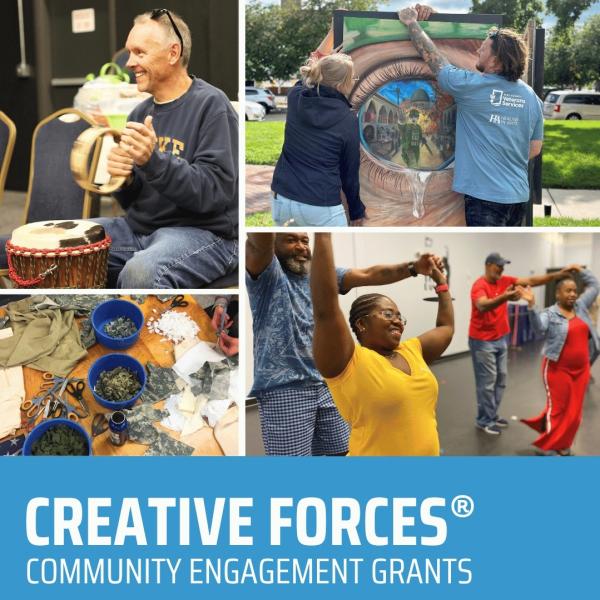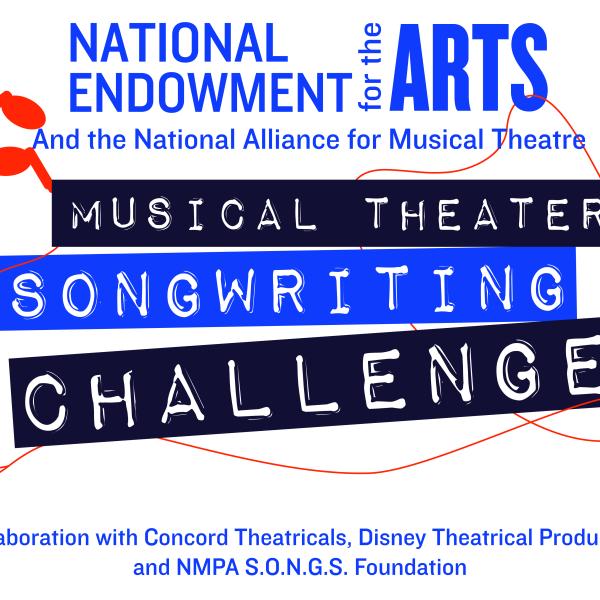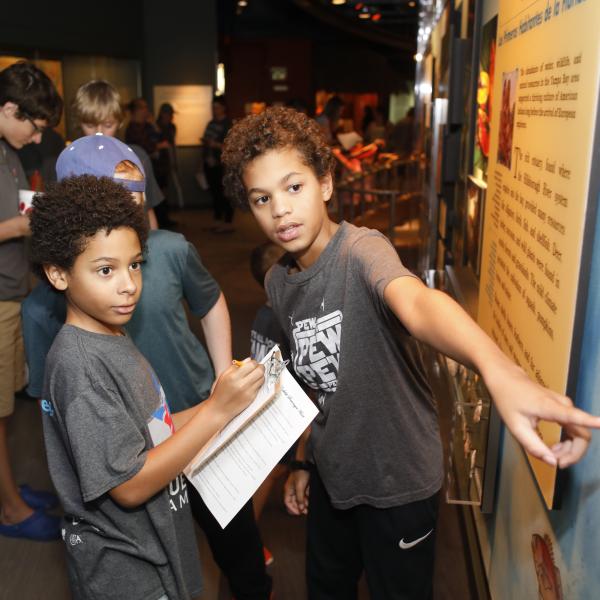Statement by National Endowment for the Arts Chair Dr. Maria Rosario Jackson on Holocaust Remembrance Day, April 28, 2022
On Yom HaShoah—Holocaust Remembrance Day—we reflect on the horrific tragedy of the Holocaust in which more than six million Jews were persecuted and killed along with millions of others with diverse political beliefs, sexual orientation, disabilities, and ethnic identities by a hate-driven leader and political system. As the Holocaust recedes in time, it is important that we continue to bear witness to the atrocities that occurred, to honor the victims, and to work toward never allowing such atrocities to happen again.
Remembrance is the act of holding space for who and what has been lost. It is mourning our collective loss. It is an act of respect for those who found strength in the face of adversity, for those whose lives were taken through hatred, and for those who survived these traumatic events.
Arts and culture can help make the act of remembrance a deeply moving experience—impacting us intellectually, emotionally, physically, and spiritually—reminding us of our shared humanity. As NEA Translation Fellow Maia Evrona said of translating the great Yiddish poet Abraham Sutzkever, whose work explores the beauty and depth of humanity beneath the weight of the Holocaust, “There are poems that are explicitly about the Holocaust, and then there are love poems, lyric poems, and poems that are about the process of writing poetry, and the shadow of the Holocaust is in all of them, but they're also just about the general human condition.”
Remembrance is an act of healing. As we reflect on the magnitude of hatred, bigotry, and cruelty of the Holocaust, we reflect also on the moments of hope, the countless stories of those who even amidst the horrors of the Holocaust were able to hold on to their own humanity, often through the practice of art. We draw strength and inspiration from their fight for dignity and their belief that love must triumph over hate.




